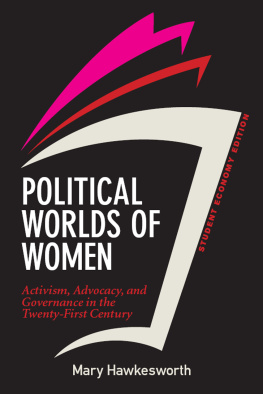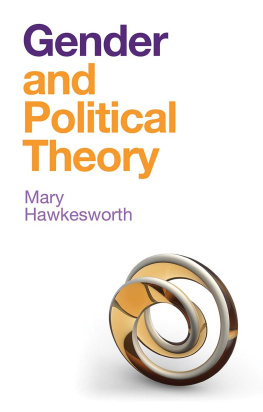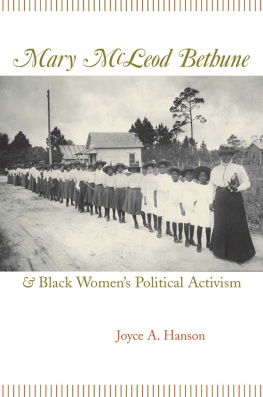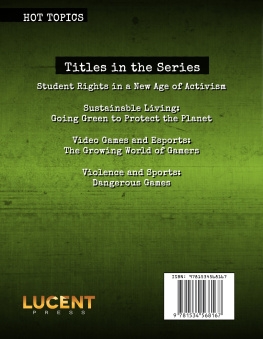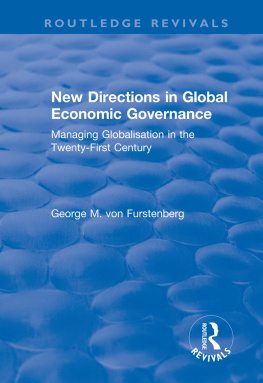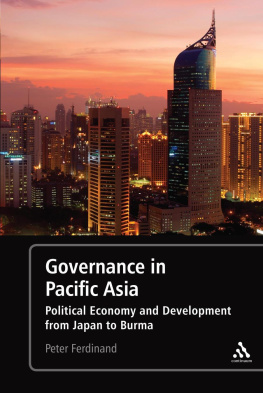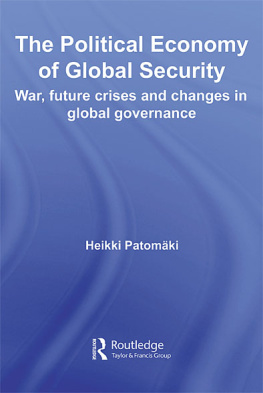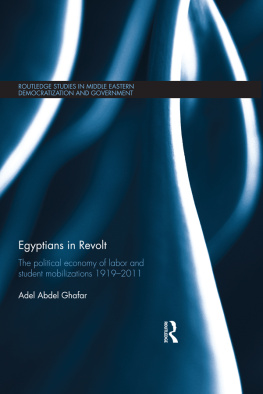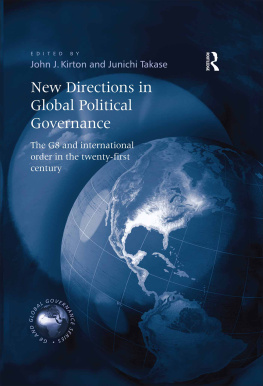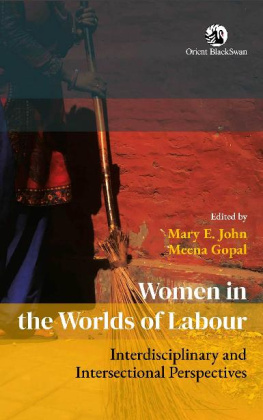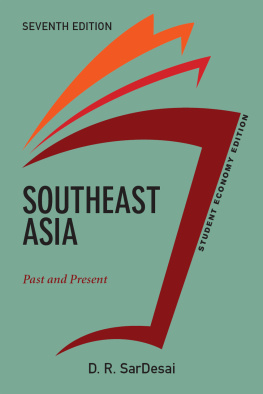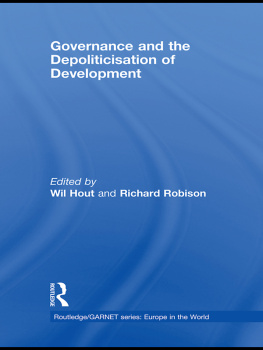First published 2016 by Westview Press
Published 2018 by Routledge
711 Third Avenue, New York, NY 10017, USA
2 Park Square, Milton Park, Abingdon, Oxon OX14 4RN
Routledge is an imprint of the Taylor & Francis Group, an informa business
Copyright 2016 by Taylor & Francis
All rights reserved. No part of this book may be reprinted or reproduced or utilised in any form or by any electronic, mechanical, or other means, now known or hereafter invented, including photocopying and recording, or in any information storage or retrieval system, without permission in writing from the publishers.
Notice:
Product or corporate names may be trademarks or registered trademarks, and are used only for identification and explanation without intent to infringe.
Every effort has been made to secure required permissions for all text, images, maps, and other art reprinted in this volume.
Library of Congress Cataloging-in-Publication Data
Hawkesworth, M. E., 1952
Political worlds of women: activism, advocacy, and governance in the twenty-first century / Mary Hawkesworth.
p. cm.
Includes bibliographical references and index.
ISBN 978-0-8133-4495-9 (pbk. : alk. paper) ISBN 978-0-8133-4496-6 (e-book) 1. Women political ActivistsHistory21st century. 2. Sex discrimination against women. 3. Womens rights. 4. Feminism.
I. Title.
HQ1236.H395 2012
320.90082dc23
2011046762
ISBN 13: 978-0-8133-5017-2 (pbk)
For Ruth B. Mandel
Excavating the political worlds of women, akin to an archaeological dig for the traces of womens political engagements, have largely been buried by intellectual frameworks that focus on elite men. Unearthing these traces requires theoretical resources that indicate suggestive spaces to dig and institutional resources that legitimize the undertaking. The Center for American Women and Politics (CAWP) at Rutgers University afforded me both the intellectual inspiration and the institutional support to undertake sustained study of women and politics. Founded in 1971 at the Eagleton Institute of Politics, CAWP grew out of the feminist vision of Florence Peshine Eagleton, a leader in the woman suffrage movement and an advocate for womens higher education, who bequeathed more than $1 million to Rutgers to promote womens political education and participation. Although the Eagleton Institute was launched in the 1950s, it took almost two decades before the donors interest in womens political participation was addressed. Thanks to the tireless efforts of Ruth B. Mandel, CAWP became the first research center to focus on the study of women and politics. By carefully documenting the presence of women elected officials in state and federal offices, CAWP began the arduous work of politicizing womens absence. In the four decades since its founding, CAWP has developed innovative research on the experiences of women candidates and elected officials and pathbreaking educational programs to prepare women to campaign for and win public office. Although this book moves beyond the borders of the United States and beyond electoral politics and the official institutions of governance, its conceptualization of the dimensions of womens political engagements would not have been possible without my immersion in CAWPs rich and enriching research and training programs.
I also owe a debt of thanks to my colleagues at the Center for Womens Global Leadership and the Institute for Womens Leadership at Rutgers who have placed activism and advocacy at the forefront of womens political engagements and introduced me to global networks of feminist activists. Charlotte Bunch, Elmira Nazombe, Radhika Balakrishnan, Mary Hartman, Cheryl Wall, Lisa Hetfield, Mary Trigg, and Winnifred Brown-Glaude have played formative roles in shaping my understanding of global feminist circuits and the politics of race, class, and nationality within them. Feminist historians Temma Kaplan, Bonnie Smith, Nancy Hewitt, Leila Rupp, and Deborah Gray White have opened new worlds to me through their extraordinary investigations of political women in earlier eras. Joanna Regulska recruited me to teach in Russia and to work with distinguished visiting scholars from postsocialist states whose creativity and resilience taught me incomparable lessons about womens involvement in economic and political restructuring. Barbara Balliet, Cheryl Clarke, and Barry Qualls provided unparalleled insights into modes of ingenuity essential to social justice projects within the academy. Barbara Calloway, Sue Carroll, Cyndi Daniels, Leela Fernandes, and Jane Junn have modeled in their research markedly innovative ways to study the political worlds of women. I have benefited greatly from their friendship and intellectual solidarity.
Transnational intellectual circuits have also contributed mightily to my thinking about womens political activism. I owe a great deal to my colleagues on the scientific research committee of the International Social Science Council, including Jane Bayes, Achola Pala Okeyo, Yassine Fall, Laura Gonzalez, Gunnel Gustafsson, Seiko Hanochi, Monique Leyenaar, Kihnide Mushakoji, Marian Simms, and Birgitte Young. I learned a great deal from Almira Ousmanova, Allaine Cerwonka, Gail Lewis, and Kristin Hill-Maher in co-teaching our summer seminar, The Politics of Belonging, at Central European University in 2008. My intellectual horizons have also been profoundly influenced by the insights of feminist scholars in the fields of international political economy, international relations, and development studies, including Isabel Bakker, Janine Brody, Cynthia Enloe, Jane Jaquette, Kathy Jones, Helen Kinsella, Deb Liebowitz, Spike Peterson, Jane Parpart, Jindy Pettman, Shirin Rai, Sandra Whitworth, Gillian Youngs, and Marysia Zalewski, many of whom I have had the good fortune to work with on the editorial board of the International Feminist Journal of Politics. Patricia Begn, Lois Harder, Laura MacDonald, and Breny Mendoza have taught me the virtues of comparative analysis, introducing me to concepts such as the coloniality of power that shape the complex political dynamics of the Americas. Contributors to Signs: Journal of Women in Culture and Society from all regions of the globe have demonstrated how understandings of politics are enriched by broad geographical comparisons and sophisticated interdisciplinary methodologies. I am particularly grateful to Karen Alexander, Signs senior editor, whose intellectual resourcefulness and generosity have enabled me to complete this book while simultaneously meeting publication deadlines.
The wonderful images in this book are the product of a digitalization project spearheaded by Kayo Denda, director of the Margery Somers Foster Center and Archive at Rutgerss Mabel Smith Douglass Library. Kayos administrative and technological skills enabled the digitalization of hundreds of posters collected by the Center for Womens Global Leadership over the past four decades. Moreover, Kayos global networks were invaluable in securing permission to include these images in this book. Special thanks to the feminist artists and activists who granted permission to include their work in this volume, particularly BAOBAB for Womens Human Rights, Nigeria; Working Women Organization of Pakistan; Thai Krieng Durable Workers Union; Asociacin Negra de Defensa y Promocin de los Derechos Humanos, Peru; Fundacin Xochiquetzal, Nicaragua; Asia Pacific Forum on Women, Law, and Development; Civil Resource Development and Documentation Centre, Nigeria; Integrated Regional Information Network; UN Office for the Coordination of Humanitarian Affairs; Democratic Republic of Congo; and Amnesty International. I would also like to thank Karolina Bregula, Charlotte Draycott, Peter Macdiarmid, and Louise Whittle for permission to use their powerful photographs.


